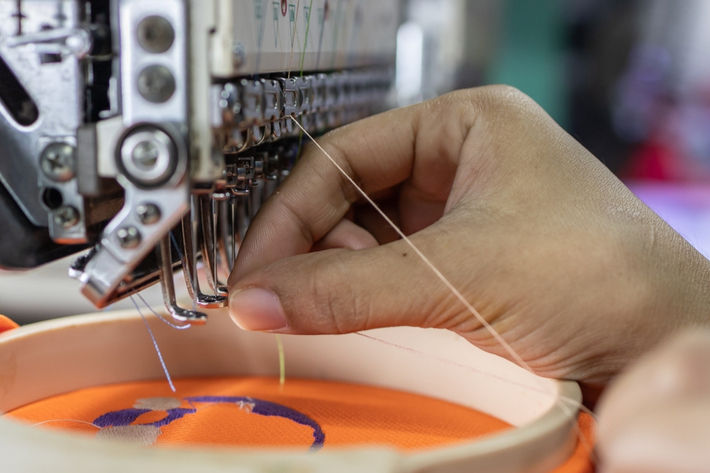
Their cost for living or house rent went up by 17 per cent over a period of two years from 2020, while the prices of rice—the mostly consumed item–increased by 12 per cent, according to the findings.
The findings of the survey titled ‘The Lives of Garment Workers during COVID-19’, carried out jointly by South Asian Network on Economic Modeling (SANEM) and Microfinance Opportunities (MFO), were presented at a webinar recently.
SANEM and MFO have been jointly conducting a series of surveys since March 2020 to better understand how the lives of garment workers in Bangladesh have evolved during the COVID-19 crisis. These surveys are being conducted under the project titled ‘Garment Worker Diaries’.
Lawfully, a worker's regular working time is eight hours and (s)he can work for additional two hours as overtime.
While presenting the findings, Farah Marzan, project field manager of Garment Worker Diaries, said the workers worked additional hours not because they enjoyed it, but because they could earn more, according to a report in a domestic English-language newspaper.
Before the pandemic, an operator was supported by three helpers, while now he doesn't get any such support, thereby, increasing his workload, she explained.
A selected pool of 1,300 garment workers from Dhaka City, Savar, Gazipur, Narayanganj and Chittagong were surveyed every week.
Fibre2Fashion News Desk (DS)